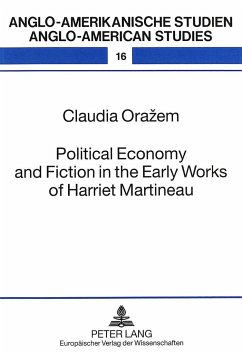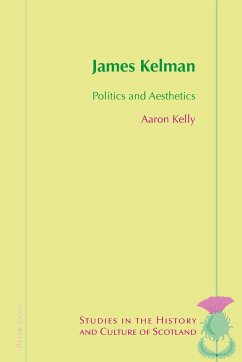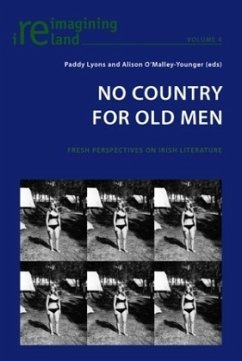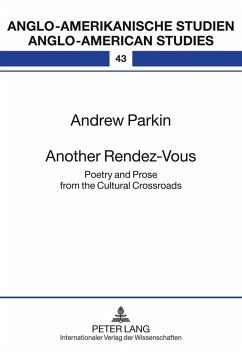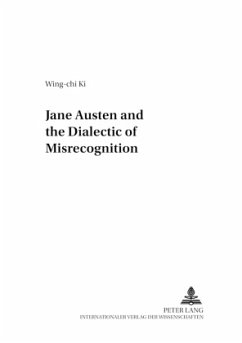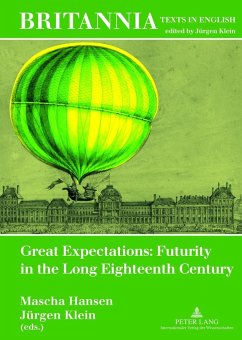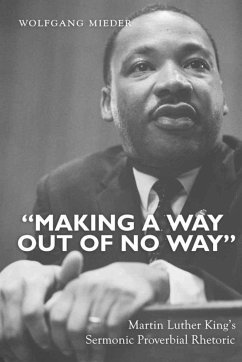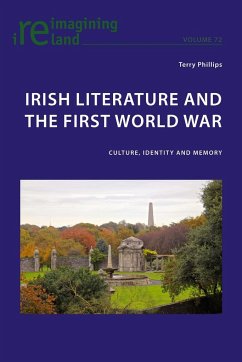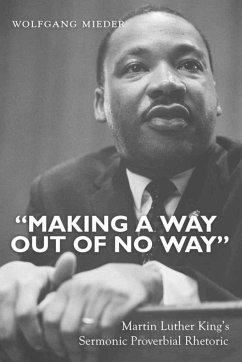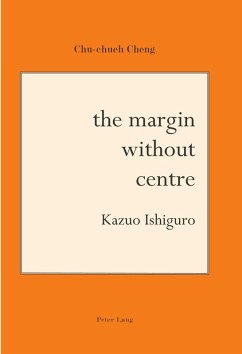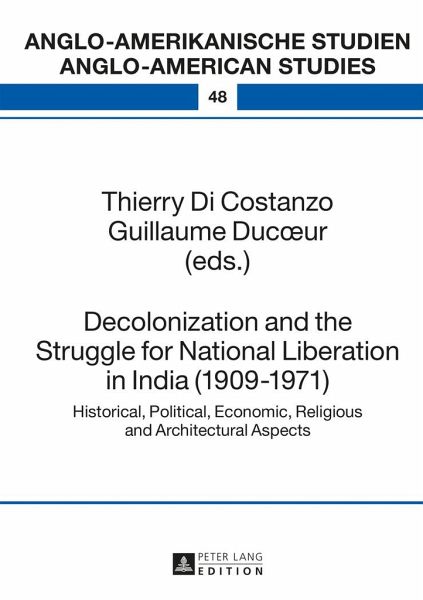
Decolonization and the Struggle for National Liberation in India (1909-1971)
Historical, Political, Economic, Religious and Architectural Aspects
Herausgegeben: Di Costanzo, Thierry; Ducoeur, Guillaume
Versandkostenfrei!
Versandfertig in 6-10 Tagen
70,50 €
inkl. MwSt.

PAYBACK Punkte
0 °P sammeln!
At the end of the First World War, the Raj remained economically or even strategically more central than ever in the general colonial architecture of the British Empire. Yet, between the two World Wars, the colonial regime hung only by a thread when confronted with the rising popularity of the nationalist movements. As a result, independence was granted in 1947 to this major component of the Empire, a truly cataclysmic event for the remainder of the world. This reality conflicts with the idea that a well-managed, peaceful decolonization process was launched by the British authorities. The inde...
At the end of the First World War, the Raj remained economically or even strategically more central than ever in the general colonial architecture of the British Empire. Yet, between the two World Wars, the colonial regime hung only by a thread when confronted with the rising popularity of the nationalist movements. As a result, independence was granted in 1947 to this major component of the Empire, a truly cataclysmic event for the remainder of the world. This reality conflicts with the idea that a well-managed, peaceful decolonization process was launched by the British authorities. The independence of British India proceeded at the same speed as the Partition of British India which had both immediate and distant, but surely terrible, consequences like the 1971 war with Pakistan over Bangladesh.





